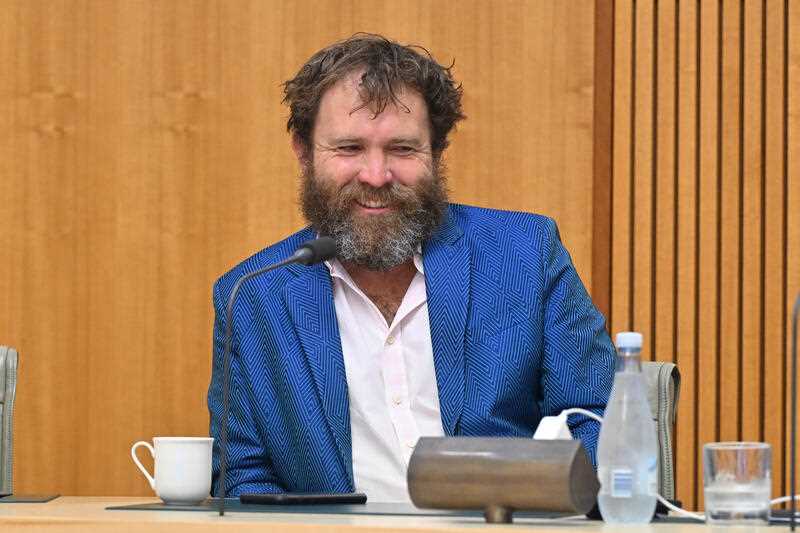Calls are growing ahead of next month’s budget for the federal government to help companies compete with hefty decarbonisation tax breaks elsewhere.
There has been a “profound shift” in Australia’s trading environment, researcher Simon Bradshaw from the independent Climate Council told a federal parliamentary inquiry on Thursday.
The trade committee is taking evidence on how Australian can compete for export markets and foreign investment as the economy transitions from the past century’s dependence on producing and selling fossil fuels.
Meanwhile, major trading partners including the United States and Europe are rolling out significant subsidies and upping ambition for emissions reduction.
Dr Bradshaw said the most important example was the US, where the Inflation Reduction Act passed last year has tipped hundreds of billions into new spending and tax breaks for clean energy and industry.
The US package, designed to reduce their reliance on China, is bankrolling the development of green hydrogen and new energy equipment as well as a sovereign battery supply chain for US car makers.
But Australia, rich in critical minerals and rare earths, has top billing for providing raw materials as a favoured trading partner under the Act.
Scientist Saul Griffith, who helped write the US laws, said many countries will become dependent on Australia for the supply of clean energy and industrial materials made using an excess of wind and solar power.
“We may not make cars for America but we will make the steel, the aluminium and the lithium,” he said.
Quizzed about nuclear power as a low emission option for Australia, Dr Griffith said “nuclear will never be as cheap as Australian solar”.
The cheapest way is through electrification, by producing metals using renewable energy not hydrogen, he reiterated.
“This should temper some of our enthusiasm for hydrogen, because there’s every reason to believe it will never be cost effective for existing processes, whereas electrification of these processes can work,” he said.
But Australia needs to have 20 times the amount of electricity to do these big export projects, Dr Griffith warned.
Dr Bradshaw said Australia’s whole foreign policy should be aligned with climate and energy goals, with specialists in all missions overseas to promote clean exports and attract investment.
He said support for Australian companies should be targeted to get momentum in green steel, ammonia and hydrogen.
The Albanese government was urged to consider an additional package of support on top of policies already in place, with funds already set aside for electrification.
By Marion Rae in Canberra
Get local, national and world news, plus sport, entertainment, lifestyle, competitions and more delivered straight to your inbox with the Canberra Daily Daily Newsletter. Sign up here.



